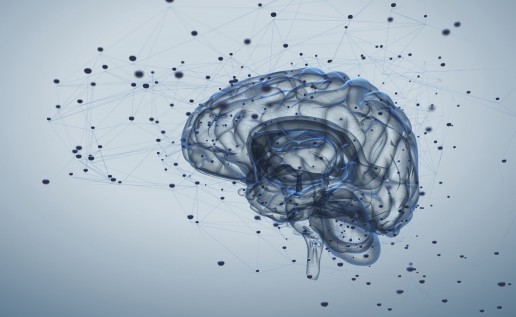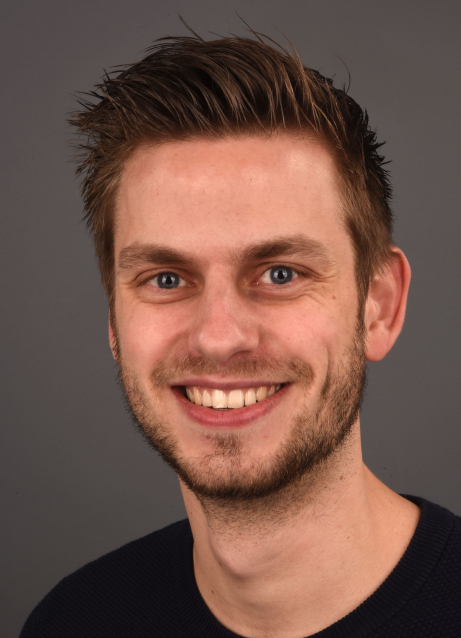A new brain in a month
Brain tissue, which consists primarily of proteins, completely regenerates in four to five weeks, according to researchers at the departments of Human Biology and Neurosurgery at Maastricht UMC+. The speed of protein synthesis in the brain was measured in six patients who underwent surgery for temporal lobe epilepsy. That speed was considerably higher in brain tissue than in muscle tissue, a finding that sheds new light on the capacity and flexibility of the brain and the role of protein synthesis in information processing.
All tissue in the human body undergoes continuous reconditioning via changes in protein synthesis and breakdown. The speed of this synthesis can be determined by giving proteins a 'label'. Using this method, it was found that muscle tissue regenerates completely in three months. Human brain tissue, however, is harder to study because it's harder to obtain. Researchers were able to determine protein renewal in the brains of six patients at Maastricht UMC+ who were undergoing surgery for temporal lobe epilepsy. The results were surprising.
Four weeks
We know that the development of cognitive skills leads to structural changes in the brain; however, the possible role of protein synthesis and breakdown remained unknown. PhD research by Joey Smeets found that the synthesis speed of proteins in brain tissue is three to four per cent per day. This means all proteins in the brain are entirely replaced by new material every four to five weeks.
Fundamental process
While the exact implications of this finding remain unclear, it does shed new light on a fundamental process in the brain: the organ that stores data, interprets and processes information and regulates our personalities. 'The building blocks of brain tissue are regenerated in a month, but it's hard to determine the impact of this finding,' says Professor Luc van Loon (Human Biology). 'Rapid protein synthesis may play a leading role in this.'
The Maastricht researchers recently published their results in the scientific journal Brain.

This pressrelease has been issued by the Maastricht University Medical Centre (MUMC+).
For more information, see www.mumc.nl/en or contact the spokespersons of the MUMC+.
Also read
-
Patients admitted to hospital due to a severe COVID-19 infection exhibit no evidence of brain damage caused by the disease. This is the conclusion of an extensive study led by Maastricht University.
-
Due to the Western lifestyle with a high fat diet combined with little exercise, more and more people in the Netherlands are overweight or even obese. This causes an increased risk of type II diabetes. What can be done about this besides a healthier lifestyle? The answer comes from an unexpected...
-
Survivors of colon cancer often have symptoms associated with the cancer or treatment for years after treatment, such as fatigue and tingling in fingers and feet. This has a great impact on the perceived quality of life. Whereas current lifestyle advice is mainly aimed at prevention of (colon)...


